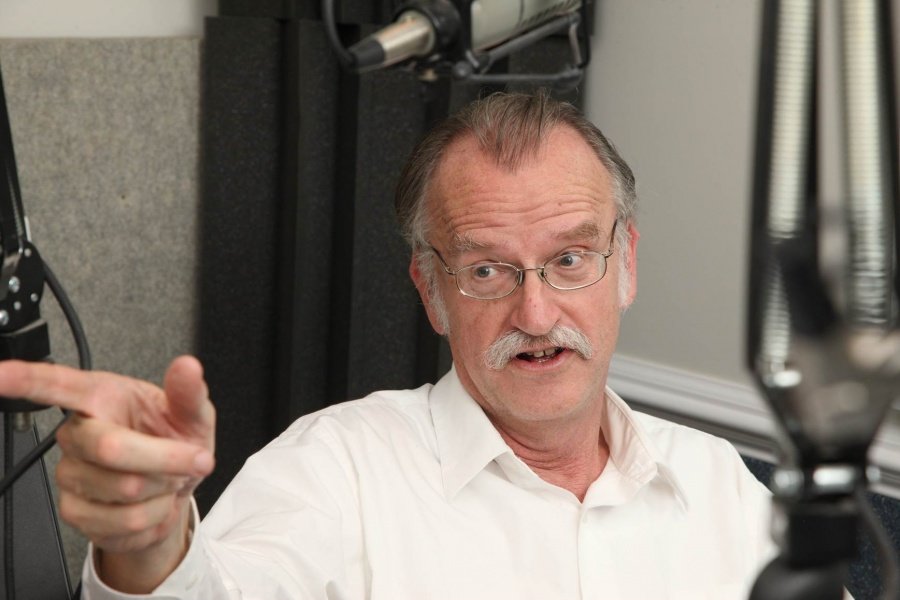Legitimacy Western democracies problem : Peter Onuf

TEHRAN – Peter S. Onuf, a professor of history at the University of Virginia, says “the problem (in some places, crisis) of legitimacy is by no means a strictly American one -- nor, I shouldn't have to add, is it confined to Western "democracies.”
Following is the text of the interview with Onuf:
Q: Francis Fukuyama the contemporary political theorist used to be an ardent supporter of liberal capitalism. But in 2014, he wrote “Political Order and Political Decay” to modify his earlier position. In regard with the US's presidential elections and the rise of Clinton and Bush families in the political scene of the country, Fukuyama believes that the US is experiencing the decay of a political system which made people feel so disappointed in American democracy. What’s your opinion about this?
A: Any historian knows that his or her subjects live in a fog that obscures the future (and distorts the past!) -- and we know that this applies to us, as subjects of future historians....
The idea that there is an "arc" to history -- that it's moving in a particular direction (whether forwards, as Fukuyama #1 claimed) or in reverse (as Fukuyama #2 prophesied in 2014) -- is hard to sustain. Even now, with Trump's setbacks & a brightening horizon for Democrats [and most Americans], the gloominess that prevailed in the wake of the 2016 election is beginning to dissipate. Perhaps we should be thinking in dialectical terms? But that's also reductive and misleading.
Q: The Competition between the Northeastern elites and the Sothern populists led into the rise of Trump indicating that establishment slogans from both democratic and republican parties don’t sell anymore. In regard with Fukuyama's argument, shall we think of such developments as a sign of the US political decay?
A: The distinction between "Northeastern elites" and "southern populists" is also overdrawn. Look closely and you'll see lots of blue in supposedly red states -- and, of course, the reverse. Thinking in sectional terms is misleading, except to the extent that the American electoral system has been effectively manipulated by Republicans over the last generation. If that manipulation (gerrymandering, voter suppression, the domination of campaigns by big donors) is not redressed in the next few cycles, that system may well be doomed as voters lose faith in the legitimacy of their supposed representatives. But this is not a new phenomenon in American history.
Yes, the problem (in some places, crisis) of legitimacy is by no means a strictly American one -- nor, I shouldn't have to add, is it confined to Western "democracies." What every regime will have to deal with is growing inequality (which neo-liberal globalists consider "structural," but is surely amenable to state action) and externalities (such as the genuine degradation of the global commons: climate changes, etc.). The challenges are linked. In hopeful moments, I imagine that expanded state capacity (look at Estonia!) will enable us to deal with both. More often, I'm inclined to envision our collective failure. Or perhaps more accurately, to fear that there is no "us," and that mankind (organized--if that's the word--in a plurality of radically imperfect nation-states) will destroy itself and the world.... But that's doubtless much too pessimistic. It's more likely that we'll "mutate" into some state we cannot now imagine (remember that fog!)
Leave a Comment